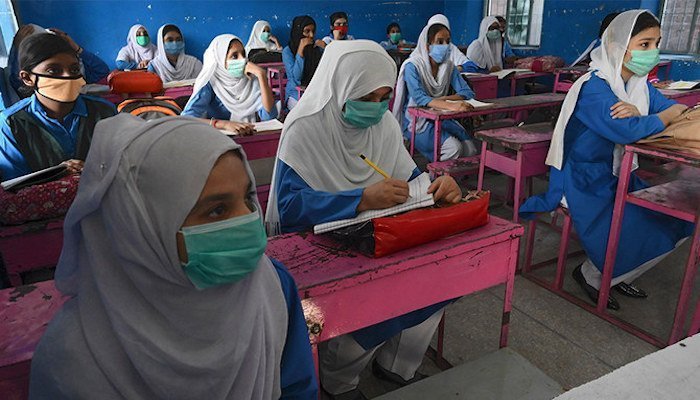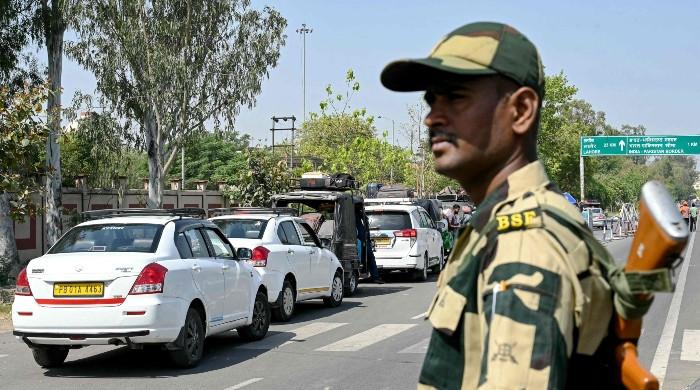The legal implications of online examinations
New debate raging in Pakistan on how schools, colleges can hold exams and keep healthy precautions in mind amid the coronavirus pandemic
June 11, 2021

Life has drastically changed during the coronavirus pandemic. Nothing will ever be the same again. This is a life we had never imagined.
New words have been added to our vocabulary, new terms, new methodologies and new ways of dressing and interacting.
There is also a new debate raging in Pakistan these days: how do schools and colleges hold annual examinations, keeping in mind health safety precautions.
One suggestion is holding online exams, because students are not comfortable appearing in person, especially at a time when Pakistan is in the grip of the third wave of the pandemic and new variants of the virus are being detected in several countries.
Explainer: Which subjects' exams will matric, inter students take?
But some schools and colleges are not convinced. As a result, many students have taken to social media to register their protest. Others staged a demonstration outside the Governor House in Lahore to demand exams be conducted online. Carrying banners and chanting slogans, the youngsters asked why classes can be held virtually, but not tests?
One reason, Dr. Mukhtar Ahmed, the former chairman of the Higher Education Commission, explained is that it is the prerogative of the concerned authority or the teacher to decide how they want to take the exams.
He added that there are multiple assessment methods, including online exams, which can be used to grade a student’s performance, but the demand by students that exams be taken according to their wishes is not justified.
“It sends the wrong message to the world,” Dr Ahmed said.
Also, when students take exams in the comfort of their homes, how do teachers and examiners ensure there is no cheating?
Various writ petitions have been filed in provincial high courts of Pakistan arguing for online exams instead of physical ones. However, the petitions did not find favour with the courts and were dismissed or disposed primarily on the grounds that the issue relates to policy matters and it does not infringe upon the fundamental rights of the petitioners.
Read more: Sindh govt announces dates for matric, intermediate exams
Furthermore, there is a very real fear of fraud and cheating during online examinations, whereby a person is hired to appear on a student’s behalf in exchange for money. The crime is punishable under sections 416, 417, 418, 419 of the Pakistan Penal Code 1860.
Similarly, in India, online examinations have come under judicial scrutiny before the superior courts. There, the Supreme Court refrained from endorsing such a methodology for the exams of chartered accountants. In fact, a full bench of the apex court in India asked how it could be allowed? It further remarked that the petitioners should be reasonable in their demands.
Separately, the Delhi High Court also dismissed a similar petition. Not only that, but the Delhi police arrested an inter-state gang, spearheaded by a woman, which was helping students clear online exams for government jobs by cheating.
In India, it is punishable under sections 420, 419, 201, 34 of the Indian Penal Code, 1860.
Read more: Students stage protest at Faizabad against in-person exams
While the safety of our children is important, the quest should be to look for better and more ethical options to test our students.
Pansota is an advocate of the high court, practicing in Islamabad. He tweets @pansota1











